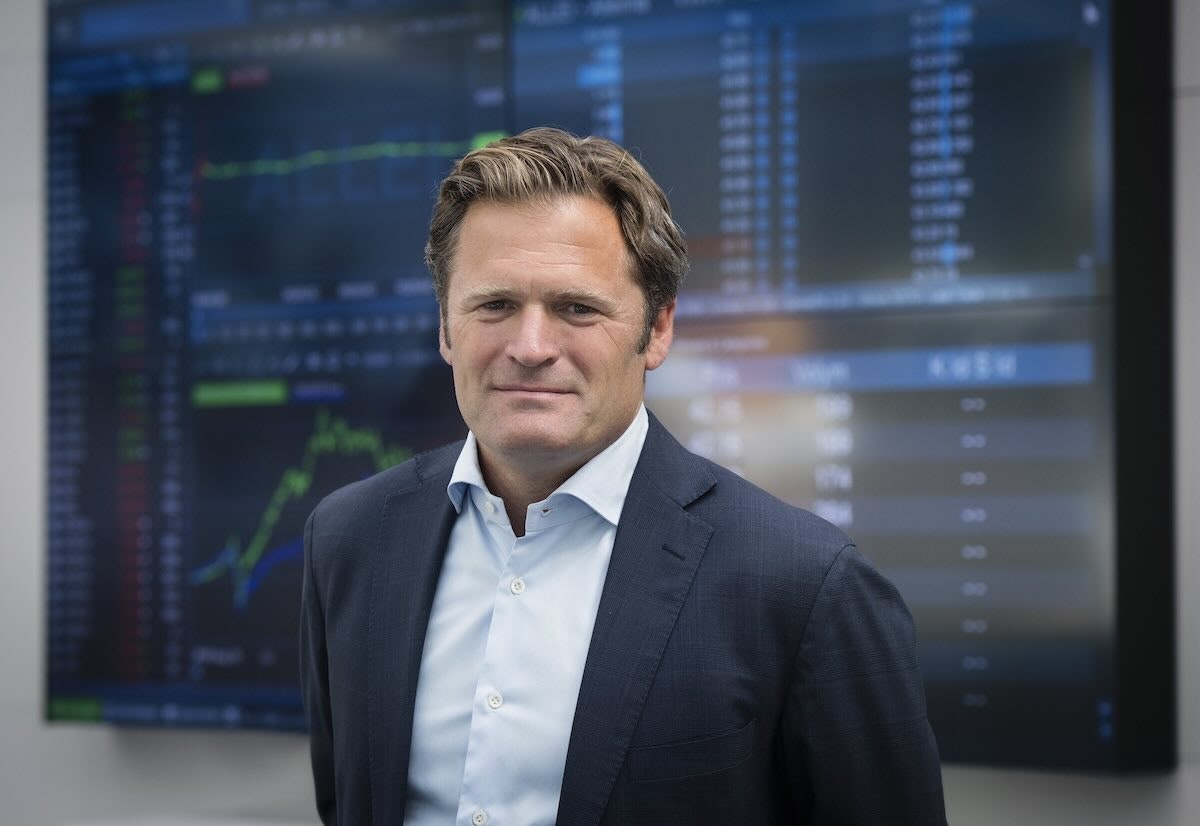For a long time, the UK has been considered one of the best countries to build a global fintech. The regulators were favourable, the time zone was business-friendly, investors were curious and talent was global. Open banking was also a catalyst for success — APIs flourished, entrepreneurs came in droves and consumers were open to fintech; companies such as Wise, Monzo and Revolut became household names.
But things have changed, particularly for open banking fintechs looking to become global leaders.
We’ve expanded to the US early in our growth phase from Series A with the belief that the learnings from open banking in the UK and Europe will pave the way for success.
If you really want to build a business that takes on the payments powerhouses then the US has to be on your roadmap right now! Here’s why.
Open banking payments companies need strong go-to-market partners and TAM
Open banking payments companies have to find the right unit economics. To do this they need the strongest go-to-market partners and access to the largest total addressable market (TAM).
America — a huge TAM — now has embraced open banking and real-time payments. This is evidenced by the major banks all backing The Clearing House’s RTP rails (a real-time payments processing network), the impending launch of FedNow and the recent press Jamie Dimon and JP Morgan received talking about Pay by Bank.
If you have the right go-to-market strategy, a team with fierce ambition and the support of global partners then it has never been a better time to run into the eye of the storm and expand into the US.
Companies with European experience can build a first-mover advantage
UK banks saw open banking payments as a compliance exercise when they started, and many still do, given that change was driven by the regulators. But the fact that merchants weren’t driving the change has resulted in less impact, particularly around payments to the end consumer.
On the other hand, US banks are being driven by merchants demanding payment innovation and a desire to build secure and scalable digital experiences for their consumers. Real-time payments and open banking is now just starting in America. It now feels very important to be on the ground from day one of the US movement as we were in the UK. There is an opportunity for US banks to capitalise on the evolution of open banking and learn from other maturing markets like the UK.
This is an incredible opportunity for UK fintechs already versed in Europe’s competitive open banking environment to jump to the US and build a first-mover advantage.
Being a first mover in the US is also easier because US investors are more ambitious about the need to build a global product. They want to capitalise on companies that have built business models and product strengths learnt in Europe with access to the US in its early stage. On the other hand, Europe’s investment landscape is saturated when it comes to open banking. A lot of the VCs demanded product metrics that simply were not there in Europe given how early they invested in the open banking journey.
Payment titans are made in America
There is amazing payments talent in America — PayPal, Visa and Zelle are all based in the Bay Area. Adding to that fact, you have real global banks like Bank of America, Citi and JP Morgan and merchant giants headquartered in the US like Amazon, Walmart, Netflix and Nike with significant payment volumes who are hungry for innovation.
Talent, opportunity and Brexit setbacks
Having made the exciting move to leave the UK for America to grow my fintech after eight years in London, I can tell you I have no regrets so far.
That said, there are some things that I miss about Europe. The UK has the most inclusive fintech community in the world and deserves its reputation as a multilayered ecosystem, built by an exceptional group of entrepreneurs and underpinned by incredible talent. There is excellent founder support and banks are open to partnerships if they believe it will support their roadmap, and many investors looking to back great companies.
However, some UK and European VCs are still less adventurous than their US counterparts, and many still lack the right ratio of operators and ex-founders around the partner table. Furthermore, Brexit has fundamentally changed the UK’s value proposition when it comes to open banking — our TAM shrank the minute our departure from the EU was written into law.
Culture shock
Of course, not everything is 100% perfect in America — and like everything in life, you need time to adjust. I’ve experienced major culture shock when it comes to communicating with Americans.
US folk are very direct; there are many nuances, and it is a huge country. Understanding how to communicate in New York, California or Seattle is comparable to understanding the differences between London, Paris and Berlin. The cost of living in the Bay Area and the cost of talent is eye-watering when compared to the UK (if you can believe it!), but the intensity and the ambition out here is inspiring. I hope other European fintechs will come and join me!
If you are in open banking and searching for a business model that delivers scale, value and takes advantage of the momentum in consumers and merchants turning to digital — then the US is a challenge worth facing right now.
Brad Goodall is CEO of UK payments company Banked



